Original price was: ₹1,000.00.₹900.00Current price is: ₹900.00.
OLT&L in the WFH format is an orchestrated synthesis of technological enablement, sociological, attitudinal, behavioural and managerial factors. To make OLTL a success the OLTL ecosystem has to be Ready for it. This paper on Readiness for OnLine Teaching Working From Home examines factors that comprise the ecosystem: Readiness of Teachers, Readiness of the Learner and Readiness for WFH and their holistic positive interplay that make OLTL-WFH a reality. The paper traces the dimensions of OLTL and WFH individually that can potentially aid or mar any attempt at adopting OLTL-WFH, if conditions for their holistic working together are not consciously crafted.

Description
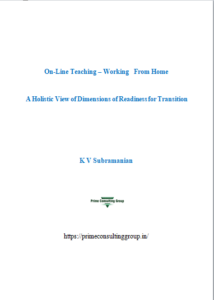

Online education has emerged as a new way of Teaching / Learning, without the need for face to face proximity, in the post 2000 era; a paradigm shift in distance education from the postal, television and radio channels, of the past. Online education has transitioned from an option to a near compulsion driven by the COVID pandemic. Experience has taught that On Line Teaching/Learning (OLTL) is not a mere transition of communication medium, between the teacher and the taught, from physical to digital. Adding to the complexity is the Work From Home (WFH) mode of delivering OLT&L.
OLT&L in the WFH format is an orchestrated synthesis of technological enablement, sociological, attitudinal, behavioural and managerial factors. Integration of these diverse influencers is more critical than addressing their individual efficiency for achieving desired outcome.
To make OLTL a success the OLTL ecosystem has to be Ready for it. This paper on Readiness for OnLine Teaching Working From Home examines the three factors that comprise the ecosystem: Readiness of Teachers, Readiness of the Learner and Readiness for WFH and their holistic positive interplay that make OLTL-WFH a reality. The paper based on a literature research addressing the Online Teacher, Online Learner and the WFH ecosystem traces the dimensions of OLTL and WFH individually that can potentially aid or mar any attempt at adopting OLTL-WFH, if conditions for their holistic working together are not consciously crafted.
The paper concludes with scope for further research on how to create the enabling encouraging and efficient ecosystem for OLTL-WFH as WFH is transitioning from a novelty to a model of knowledge sharing to stay.
Additional information
| Synopsis | Online education has emerged as a new way of Teaching / Learning, without the need for physical ‘face to face’ proximity, in the post 2000 era; a paradigm shift in distance education from the postal, television and radio channels, of the past. Online education transitioned from an option to a near compulsion, driven by the COVID-19 pandemic. Experience has taught that On Line Teaching/Learning (OLTL) is not a mere transition of communication medium, between the teacher and the taught, from physical to digital. Adding to the complexity is the Work From Home (WFH) mode of delivering OLT&L. |
|---|
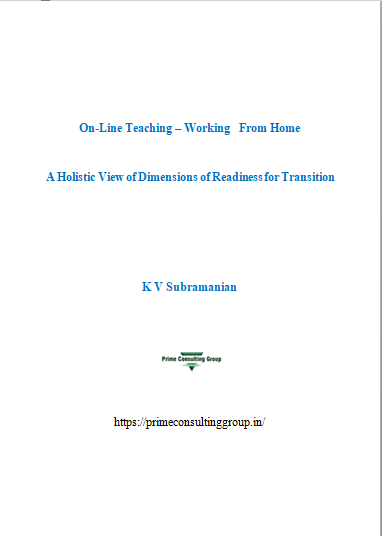

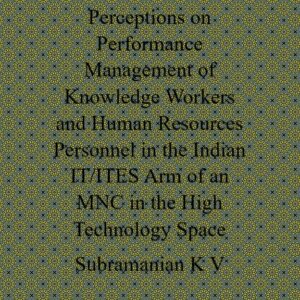
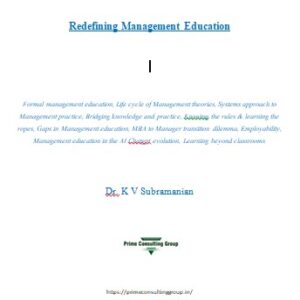

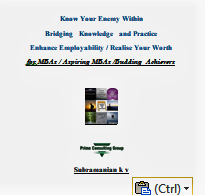
A study based on professional research on online teaching and learning